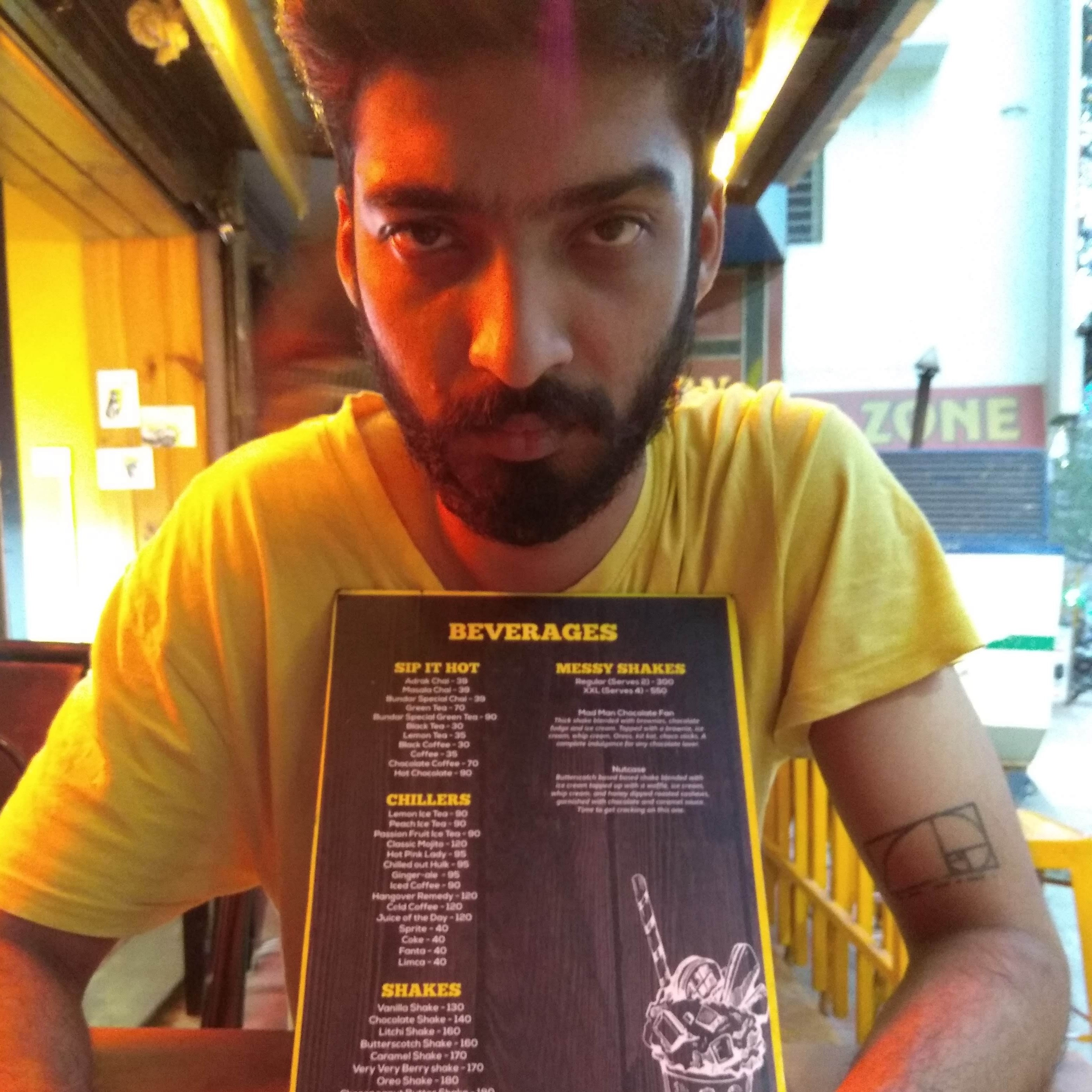Telangana high court rejected a writ petition challenging the imposition of interest on the total GST liability including the input tax credit. This rejection implies that the tax authorities can exact interest on the gross tax liability of an assessee in case of delay in tax payment. This ruling has quite the implication for the industry.
“… the claim made by the respondent for interest on the ITC portion of the tax cannot be found fault with; hence, the writ petition is dismissed,” the court stated.
Tax experts think that the decision goes against established practices and government objectives. Both the state and central GST acts will have to amended before the council’s recommendation takes effect.
Megha Engineering and Infrastructure filed the petition after the tax authorities asked them to pay interest on the input tax credit portion of the tax dues. The company’s petition stated that the GST portal is designed to not accept returns in the GSTR-3b form unless the assessee charges the complete tax liability.
This means that returns cannot be filed unless the assessee pays off the entirety of their liabilities. As per the petitioner, there was a delay in filing the returns, but the delay was not too long.
The court stated that until the returns are filed as self-assessed, no actual entry of credit in the electronic ledger is recorded. Only after the claim is made in the returns that this gets credited in the electronic credit ledger, the government receives the right over the money in the ledger once such payment has been made form the electronic ledger.
Since the ownership of the money is with the taxpayer until the payment is made, the government can levy an interest up to the date of entitlement to appropriate it, stated the court.





